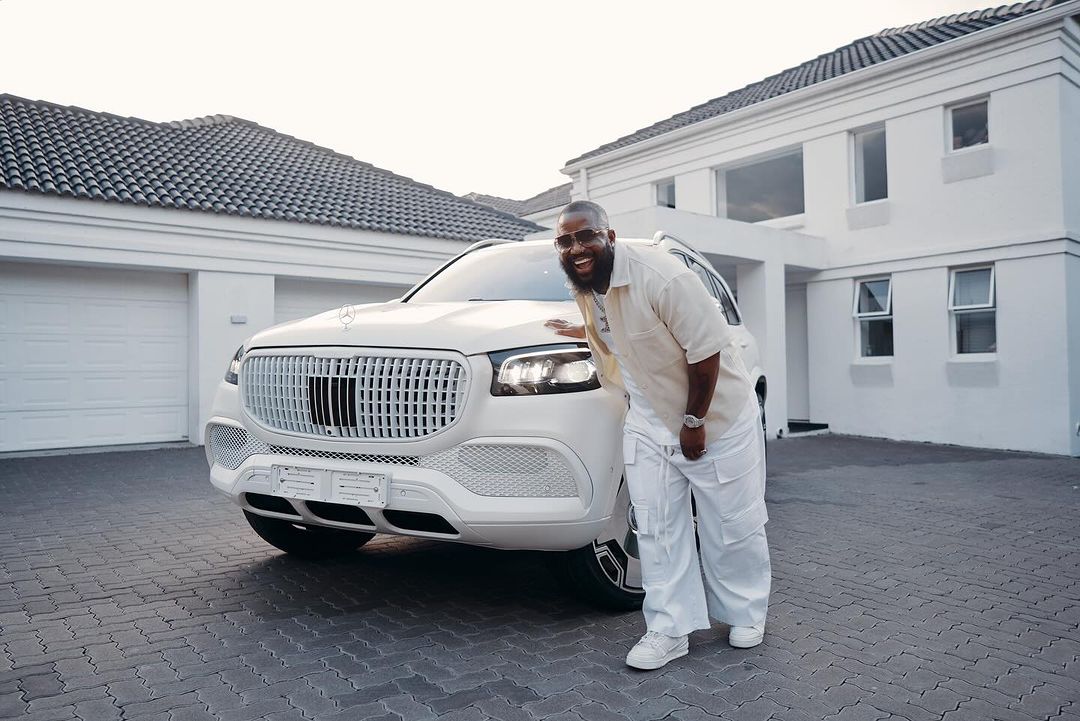In the diverse and dynamic landscape of South Africa, owning a vehicle is not just a matter of convenience but often a necessity due to the vast distances and sometimes limited public transport options. However, the decision between buying and leasing a car can be complex, influenced by financial, lifestyle, and personal preference factors. This article explores the pros and cons of each option within the South African context, ultimately guiding you through scenarios where one might make more sense than the other.
Buying a Car in South Africa
Pros:
- Ownership: The most obvious advantage of buying a car is that you own it outright, either after paying the full price upfront or completing your financing payments. This means you have the freedom to modify, sell, or trade-in the vehicle as you see fit.
- No Mileage Restrictions: Owning a car means no worries about exceeding mileage limits, which is particularly beneficial in a country as vast as South Africa where long road trips are common.
- Cost-Effective in the Long Term: If you plan to keep the vehicle for many years, buying is often more cost-effective than leasing, as the total cost of ownership tends to decrease over time.
Cons:
- Depreciation: Cars depreciate rapidly and South African car owners will not be immune to this, often seeing a significant drop in value within the first few years.
- Higher Monthly Payments: Financing a car purchase usually results in higher monthly payments compared to leasing, which might strain your budget.
- Maintenance Costs: Once the warranty expires, you are responsible for all maintenance and repair costs, which can be unpredictable and expensive.
Leasing a Car in South Africa
Pros:
- Lower Monthly Payments: Leasing a car often requires lower monthly payments than buying, making it more affordable in the short term.
- Always Drive a New Model: Leasing allows you to upgrade to a new car every few years, ensuring you always enjoy the latest features and technologies without the hassle of selling an older model.
- Covered Maintenance: Most lease agreements include maintenance, meaning you won’t have to pay out of pocket for regular service or repairs.
Cons:
- No Ownership: At the end of the lease term, you must return the vehicle. You won’t have any asset to show for your payments, which can be a significant drawback for some.
- Mileage Limits: Leases come with annual mileage limits, and exceeding these can result in hefty penalties. For South Africans who travel long distances, this can be a major limitation.
- Condition Restrictions: You’ll need to keep the car in excellent condition, as any damage beyond normal wear and tear will incur fees when you return the car.
Drawing Conclusions: Which Option Makes Sense for You?
Scenario 1: The Long-Term Resident or Citizen
If you live fully in South Africa and anticipate needing a vehicle for many years, buying is likely the better option. Ownership means you can adapt the car to your evolving needs without worrying about lease restrictions. Over many years, the cost benefits of owning will also start to outweigh the initial depreciation.
Scenario 2: The Short-Term Expat or Frequent Upgrader
For expats on a limited-time work assignment or individuals who prefer driving the latest model, leasing is the more practical choice. It offers flexibility, lower upfront costs, and freedom from the hassle of selling the car later. Plus, you avoid the depreciation hit that comes with buying a new vehicle.
Scenario 3: The High-Mileage Driver
For those who travel extensively across South Africa, whether for work or pleasure, buying a car makes more sense. The lack of mileage restrictions and the long-term ownership benefits far outweigh the initial cost and depreciation concerns.
Scenario 4: The Budget-Conscious Individual
If you’re working with a tight monthly budget, leasing could be more attractive due to the lower monthly payments. This option allows you to drive a newer car than you might otherwise afford while also covering most maintenance costs.

Final Thoughts
In South Africa, the choice between buying and leasing a car involves weighing immediate needs against long-term benefits. By carefully considering your financial situation, lifestyle, and how you plan to use the vehicle, you can make a decision that aligns with your life in the Rainbow Nation. Whether you choose the freedom of ownership or the flexibility of leasing, each option offers distinct advantages tailored to different needs and scenarios.











